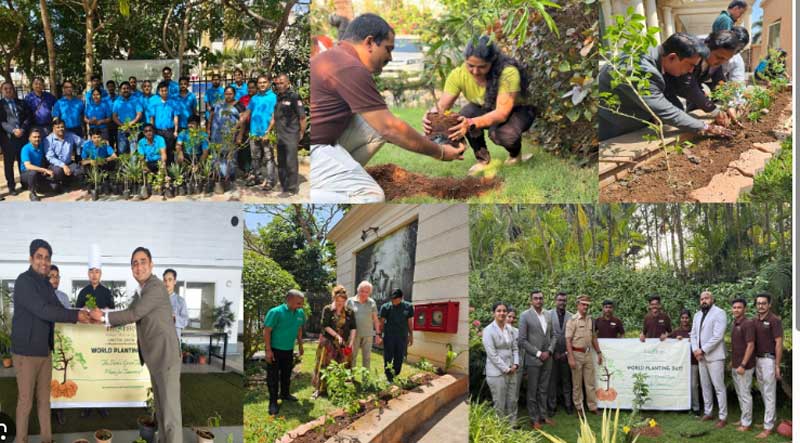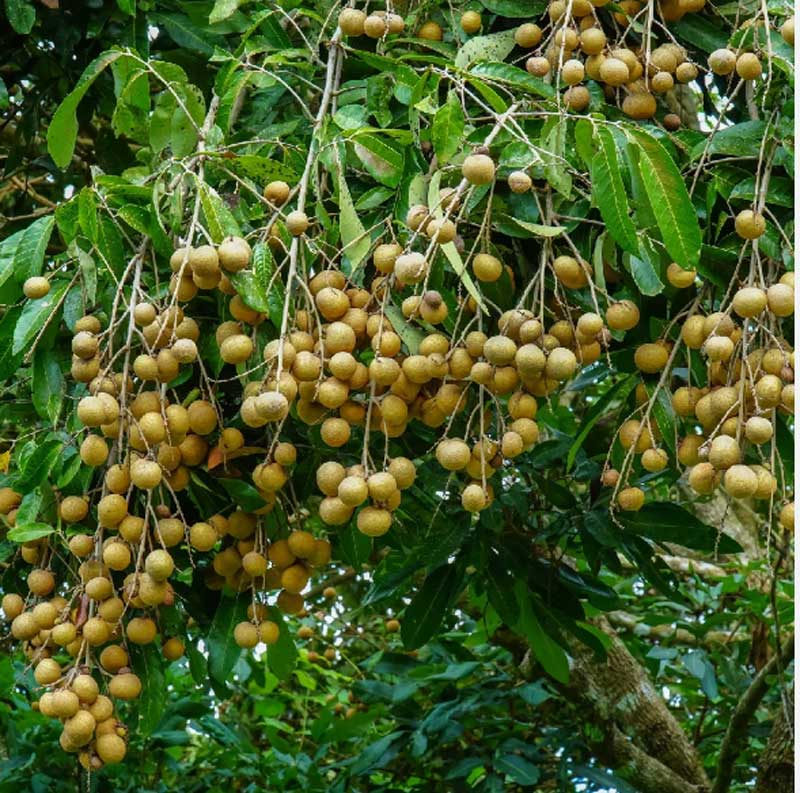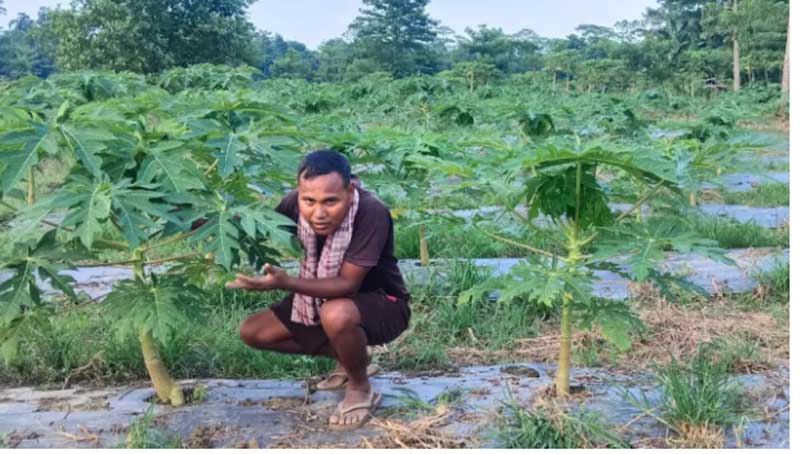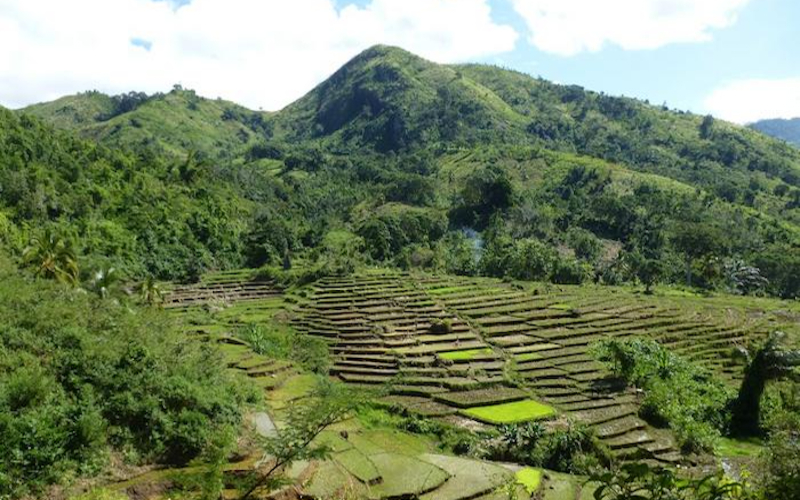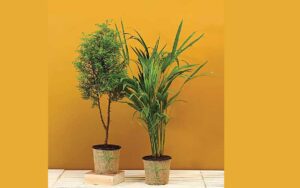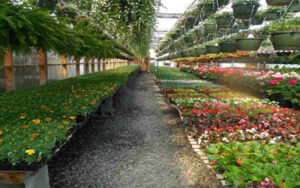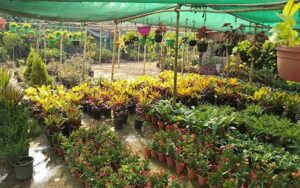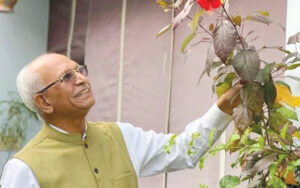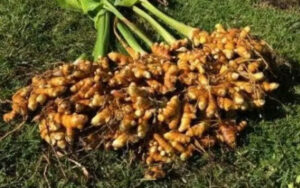Research finds out about multiple unknown uses of tropical mosaic landscapes
Nursery Today Desk
New Delhi. Tropical mosaic landscapes have multiple uses which we were unaware of, but the researchers at the University of Gottingen found out that the rural families are benefitted by using diverse range of plant species and the local habitat types. 285 plant species, almost half of which are found only in Madagascar, are used for food, fodder for livestock, medicine, construction and weaving.
The findings of the research has been published in the journal Ambio. The findings says that Fallow land is one of the most significant forms of land for people. The researchers conclude that there must be a balance between the needs of society and the conservation of species-rich landscapes.
320 families were interviewed about the uses and profits from various types of land. These include virgin forests, fragments of forest, vanilla agroforestry systems, woody fallow land, herbaceous fallow land and rice fields. Based on the interview, it was found that pristine forests and forest fragments are important for water control. Fallow land and vanilla agroforestry systems provide food, medicine and fodder. Most plants collected from wooded fallow regions are utilized for fuel and charcoal and the employ plants from forest remnants are collected for construction and weaving.
Unlike popular opinion, fallow land in very beneficial to rural people in Madagascar in terms of health, food, and energy supplies as well as animal feed and building materials.
The results of the research have significant findings for nature conservation. “It is important not just to consider the conservation of the impressive diversity of species on Madagascar, but also the benefits of this species richness for the local population,” says first author Dr Estelle Raveloaritiana, whose PhD research was part of this project. Dr Annemarie Wurz, now a postdoctoral researcher at the University of Marburg, and Professor Teja Tscharntke, at Göttingen University’s Agroecology Group, add: “Nature conservation should take into account the interests of the local population, at the same time as biodiversity-friendly, diverse land management, when designing conservation and development strategies.”

